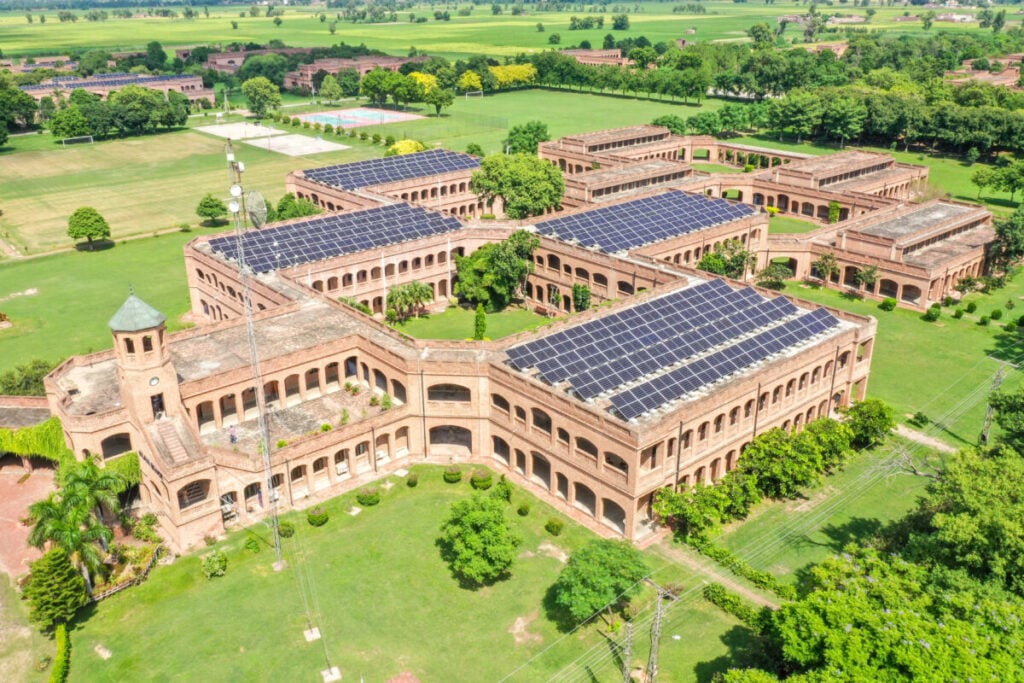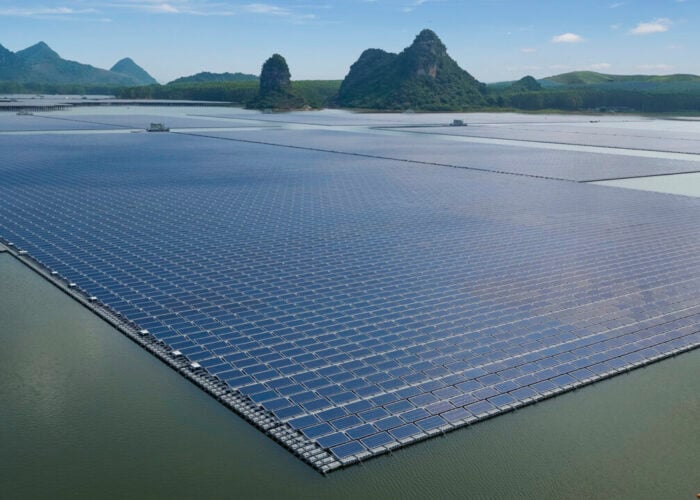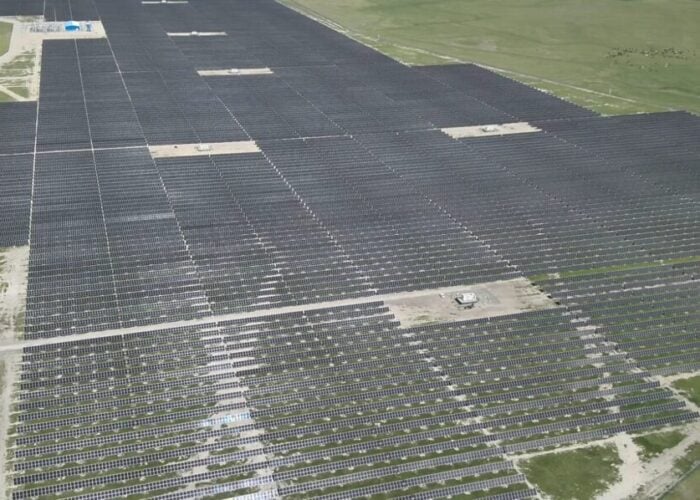
As Pakistan considers how to establish a foothold in the global solar PV manufacturing industry, experts are calling for a strategy tailored to the country’s unique needs and opportunities, which avoids competing with the world’s dominant PV manufacturing base in nearby China.
Waqas Moosa, chairman of the Pakistan Solar Association (PSA) and CEO of Hadron Solar, tells PV Tech Premium it is important to target niche markets, particularly small-scale solar modules for agricultural and off-grid applications, rather than compete directly with the Chinese giants.
Unlock unlimited access for 12 whole months of distinctive global analysis
Photovoltaics International is now included.
- Regular insight and analysis of the industry’s biggest developments
- In-depth interviews with the industry’s leading figures
- Unlimited digital access to the PV Tech Power journal catalogue
- Unlimited digital access to the Photovoltaics International journal catalogue
- Access to more than 1,000 technical papers
- Discounts on Solar Media’s portfolio of events, in-person and virtual
Last year, Pakistan’s Ministry of Commerce and Technology and the Engineering Development Board (EDB) outlined policies to promote local manufacturing of solar panels, inverters, and other renewable technologies.
“We have a lukewarm response to that,” says Moosa. “We do believe that it’s a good thing to have a local manufacturing, but at the same time, the realities of the market dictate that a lot of the big countries, which are already very big in manufacturing, are having trouble in standing up to the onslaught of the Chinese manufacturers.”
Thus, Moosa cautions that entering the market without a strategic approach could be counterproductive.
Competing smartly, not directly
China dominates the global solar manufacturing landscape, with companies like JinkoSolar and LONGi focusing on producing high-wattage solar modules in the 700-800W range, primarily for utility-scale projects. Indeed, Pakistan’s predominantly rooftop solar-orientated market is mostly reliant on Chinese imports.
According to Moosa, attempting to compete with these giants on their terms is like “hitting your head against the wall”.
Instead, Pakistan’s manufacturing efforts should focus on smaller modules, particularly in the 100-150W range. These panels are ideal for agricultural and rural applications, where demand for small-scale solar solutions remains high especially within Pakistan.
“JinkoSolar and LONGi Solar aren’t interested in making these smaller panels,” Moosa claims.
Meanwhile, in Pakistan, small solar applications are critical. Many undeveloped and unpowered, rural households only need enough power for a small LED bulb and a fan, so a 100-150W panel can be a “game-changer”.
Addressing local challenges
Moosa highlights that a poorly planned manufacturing policy could lead to unintended consequences. For instance, imposing high import duties on solar panels might make local manufacturing viable in the short term but could simultaneously drive up the cost of solar installations. This could reduce adoption rates.
“If installations decrease, we end up importing more oil to meet energy demands, which costs dollars,” Moosa warns.
Instead, he advocates for a balanced approach that fosters local manufacturing while keeping solar solutions affordable for end-users.
Pakistan could also draw lessons from countries like Vietnam and India. Companies such as Indian conglomerate Adani Solar have successfully capitalised on the strained relationship between the US and China to establish a strong presence in the American market. Moosa suggests that Pakistan could explore similar opportunities by identifying strategic gaps in global supply chains and he says there are already players in Pakistan examining this strategy.
Ultimately, prioritising small-scale solar modules would align with Pakistan’s energy needs and socio-economic realities. Rural electrification and agricultural applications represent a significant market segment and domestic manufacturing catering to this could help Pakistan to sidestep direct competition with industry giants and establish a competitive edge.







